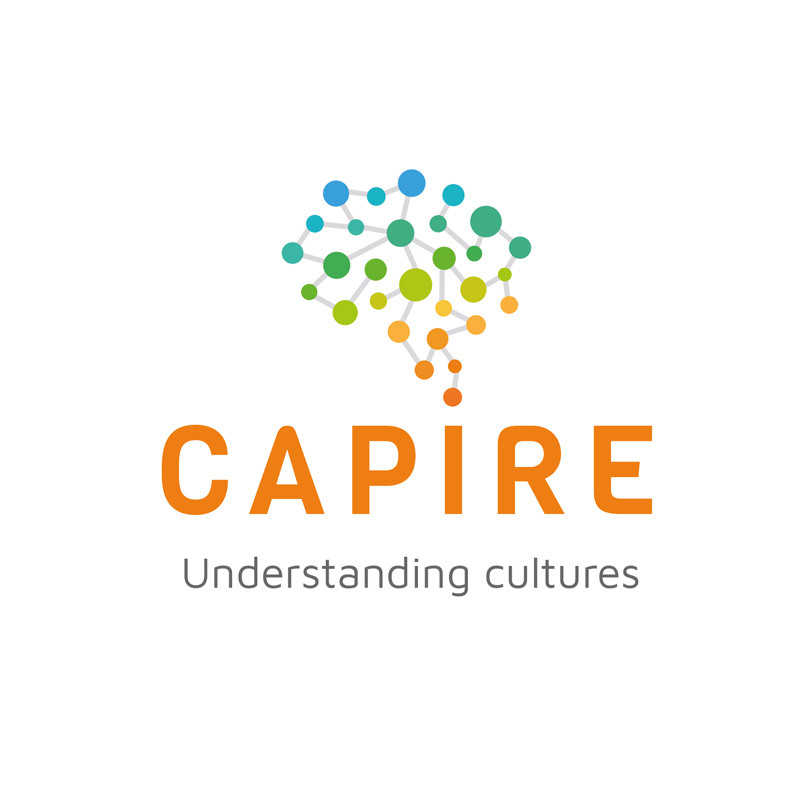Cultural Adjustment Project for Improving Relations in Europe
Erasmus+ Grant (2022-2025)
Cooperation partnerships in higher education (KA220-HED)
Granted: 5-9-2022
Project idea
The idea is to create an online learning platform which offers students, businessmen and private persons a training tool, a Culture Simulator, for dealing with intercultural situations on the work floor. It consists of real-life cases, which have to be correctly interpreted by the users of the platform. For this project a great many expats (persons living in other European countries) will be interviewed and their experiences will be used to create the cases. The many data generated by this project will also be used for the research project ‘One market, many cultures’.
Summarising, this project and the tool that will be created aims at helping Europeans to better understand the cultural differences between them, leading to a more effective collaboration. That is why the project has the acronym CAPIRE, which in Italian means ‘to understand’.
Product
The Culture Simulator (or: Culture Assimilator) is an intercultural training tool that was created in the U.S. in the 1970’s (Fiedler, Mitchell, & Triandis, 1971) and enjoyed popularity in the 1980’s and 1990’s. In the 2000’s it was elaborated by the German scholar Alexander Thomas (2010), who published a series of books with Culture Simulators for various countries within and outside Europe. Culture Simulators are especially used to train expats to adjust to the work floor in a foreign country.
The Culture Simulator consists of the following elements: a situation, interpretations, evaluation of the interpretations and further explanation of cultural background. It starts with presenting a situation that is puzzling or odd for foreigners in country X. The reader has to choose from four different interpretations of the situation. Next, all interpretations are evaluated, which one is the most adequate and why. Finally, a more profound explanation is given of the cultural values of country X that are involved. By going through a number of such situations, the reader is sensitized to cultural differences and helped in understanding them. After having solved a series of 20 cases the Simulator will give a score, based on how quickly the right interpretations were found.
Here a very simple example of a Culture Simulator is given: Dutch Culture Simulator
Partners
CAPIRE is a project of five different European universities: Universiteit Twente (Netherlands, Lead partner), Uniwersytet Mikolaja Kopernika w Toruniu (Poland), Université Gustave Eiffel (France), Università degli studi di Milano-Bicocca (Italy), Universität Osnabrück (Germany).
More detailed info on the project: project website

